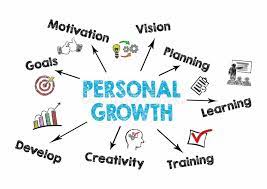
The idea of music as a form of “doping” or performance-enhancement is not new, especially in the context of athletic performance or even cognitive tasks. However, it’s crucial to distinguish between the accepted usage of the term “doping,” which generally refers to the use of banned or illegal substances to enhance performance, and the metaphorical use of the term when discussing music’s effects on performance or well-being.
How Does Music “Enhance” Performance?
- Improved Focus: Music can improve concentration and reduce distractions, helping athletes or individuals engaged in various tasks to focus better.
- Emotional Upliftment: Upbeat or motivational music can elevate mood, thereby enhancing performance in both physical and cognitive activities.
- Reduced Perception of Effort: In athletic contexts, music can sometimes reduce the perception of effort, making the task feel less strenuous than it actually is.
- Rhythm and Pacing: Music with a strong beat can help athletes maintain a consistent pace or rhythm, which can be particularly useful in endurance sports like running or cycling.
- Reduced Stress and Anxiety: Music can lower cortisol levels (the stress hormone), allowing for better decision-making and enhanced performance in high-pressure situations.
- Pain Management: As previously discussed, music can also help manage pain, which could be beneficial for athletes or others engaging in physically demanding activities.
Caveats and Limitations
- Not Universal: The effects of music can be highly individualistic; what works for one person may not work for another.
- Task-Specific: The effectiveness of music may also be task-dependent. For example, music with lyrics might be distracting during tasks that require verbal processing.
- Rules and Regulations: In some athletic competitions, the use of music might be restricted or considered a form of illegal performance enhancement.
- Potential for Overstimulation: Excessively loud or fast-paced music may lead to overstimulation, which could have a detrimental effect on performance.
The idea of music as a form of “natural doping” is interesting, but the term should be used cautiously to avoid confusion with illegal or unethical forms of performance enhancement.

